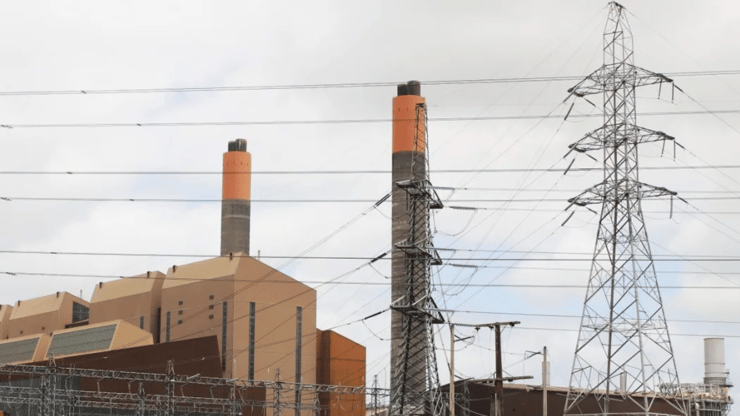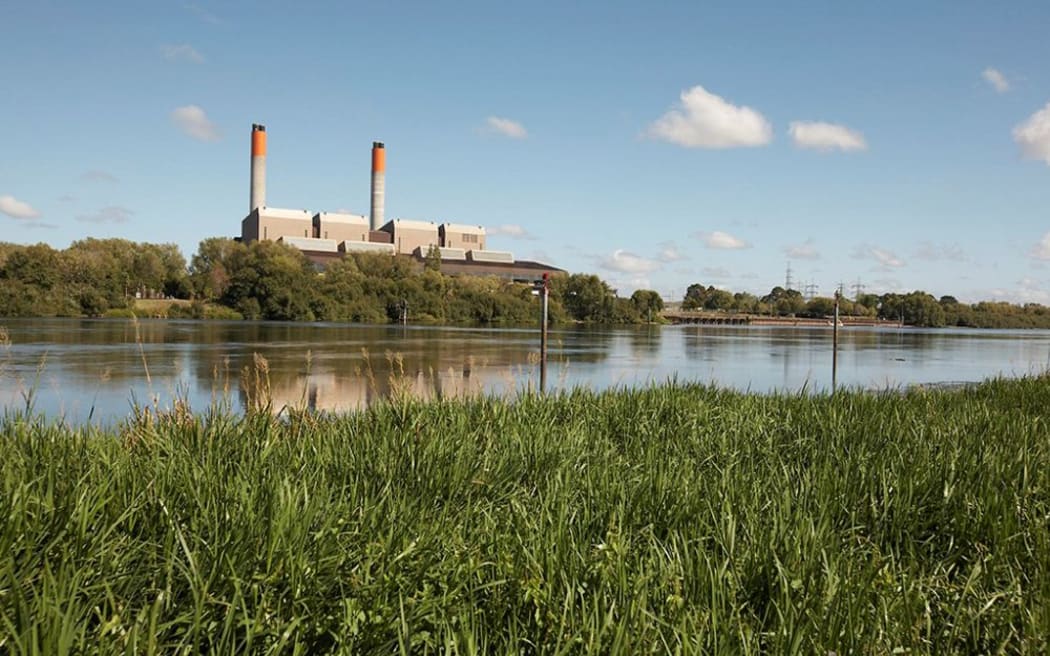Is NZ Bringing In Indonesian Coal Every Month?

Analysis: Burning less coal to make electricity helped New Zealand achieve its biggest official annual drop in planet-heating gases since records started in 1990.
The same week those figures came out, Resources Minister Shane Jones told Morning Report New Zealand should develop more of its own coal, rather than importing "dirty" coal from Indonesia.
Jones earlier told Parliament that opposition MPs turned a blind eye while New Zealand imported Indonesian coal "every month, to keep the lights on."
While it's true Genesis Energy - owner of the country's only coal-fired station - burns coal to run its Huntly generators, it last year reported that its last shipment of coal had arrived in July 2022.
At that point, it had no plans to import more. It also has a local supply, near Huntly.
Although it's a stretch to say Genesis imports coal monthly, the company recently warned its gas supply was falling faster than expected, which could mean more coal use.
It told RNZ 'no decision had been taken' to bring in further imports - but did not rule it out.
The vunerability of dry years
The problem is vagaries in the company's gas fields, and the vulnerability of hydro lakes to dry years, which puts more pressure on other electricity sources.
Although the Climate Change Commission sees no long-term role for coal in the electricity system, it does see a smaller role for gas plants to fire up when peak demand hits, although those peaking generators are not yet here to play a part.
Genesis successfully trialled burning treated wood pellets for power at Huntly last year, and says it could do more of this, if government policy settings were right.

The Huntly power plant Photo: Genesis Energy
Genesis has been setting - and moving - deadlines for ditching coal for years. The UK, by contrast, has less than six months to go before it closes its last coal-fired power station.
But Robert McLachlan - a distinguished professor of mathematics at Massey University who keeps a watch on energy stats - says while coal is not in short supply, New Zealand tends to export higher-grade stuff than it imports.
"Last year, coal exports (from New Zealand) were five times imports," he says. "Coal was 2.4 per cent of electricity, the second lowest since 1997."
Those export figures were not an anomaly.
Government figures show New Zealand was a net exporter of coal every year since records began, except 2021 - a dry year for hydro, coupled with an unexpected shortage on Genesis' gas field.
That was the year Huntly used record amounts of imported Indonesian coal, pushing up the climate impact of the whole country.
But now McLachlan says enough renewables are being built to supply 7 or 8 percent of New Zealand's electricity - and when wind, solar and geothermal take care of more generation, it allows more water to be left in hydro dams, potentially leaving that stored-up hydro to replace the need burn more coal.
That doesn't mean the electricity system is future-proof, however.
'Still a risk'
Renewables might be growing after years of stagnation, but climate and energy experts say New Zealand will need more generation before it can electrify fossil-fuelled areas such as transport and heavy industry, allowing those sectors to replace petrol, coal and gas boilers.
However, rather than supplying New Zealand's electricity grid, Gary Taylor of the Environmental Defence Society believes new or bigger coal mines will simply allow the country to export more carbon emissions, by sending more coal overseas.
The final years of coal burning are not the time to be establishing a growing coal industry, says Taylor, when jobs could be created in other sectors.
Legal changes coming for coal
Backers of a coal mine on conservation land recently withdrew a court appeal over the proposed mine, feeding speculation they hoped to be fast-tracked in the government's new, accelerated consent process. That coal, if mined, is expected to be exported.
Among other planned changes to the Resource Management Act are moves to unwind Labour-era hurdles to extending coal mines - a move welcomed by Huntly's local coal supplier.
Asked if the government would also unwind Labour-era changes allowing councils to consider emissions when deciding on resource consent applications, a spokesperson for Jones told RNZ that Cabinet "hadn't made a decision" on that.
Meeting climate goals
Meanwhile, the International Energy Agency says no new investment in coal, oil or gas is needed if the world is going to meet climate goals.
The independent Climate Change Commission this year brought forward the date when it thinks heavy industry could be coal-free, saying big users such as NZ Steel and Fonterra had accelerated their shift to cleaner fuels.
But that does not mean that coal is dead in the electricity sector.
Former climate change Minister James Shaw says there is still a risk of a rebound in coal-fired power. He told RNZ that until Huntly's coal generators are replaced, a drought year for hydro could always see emissions tick up.
Statistics NZ figures for the three months to September 2023 show coal-fired electricity did bounce up compared with the same period the year earlier, following 2022's record-low emissions. The numbers are different, and less concrete, than the official 2022 tally, but tend to be a decent proxy.
Climate Change Minister Simon Watts says the government is committed to doubling clean energy by 2050, which will reduce coal-fired electricity, and that is his focus - no matter where the coal is purchased from.
"That's the direction of travel," he says.
Watts says exactly how the government will achieve that - and any interim goals to 2050 - will be clearer in June, when Cabinet unveils its draft emissions plan.





